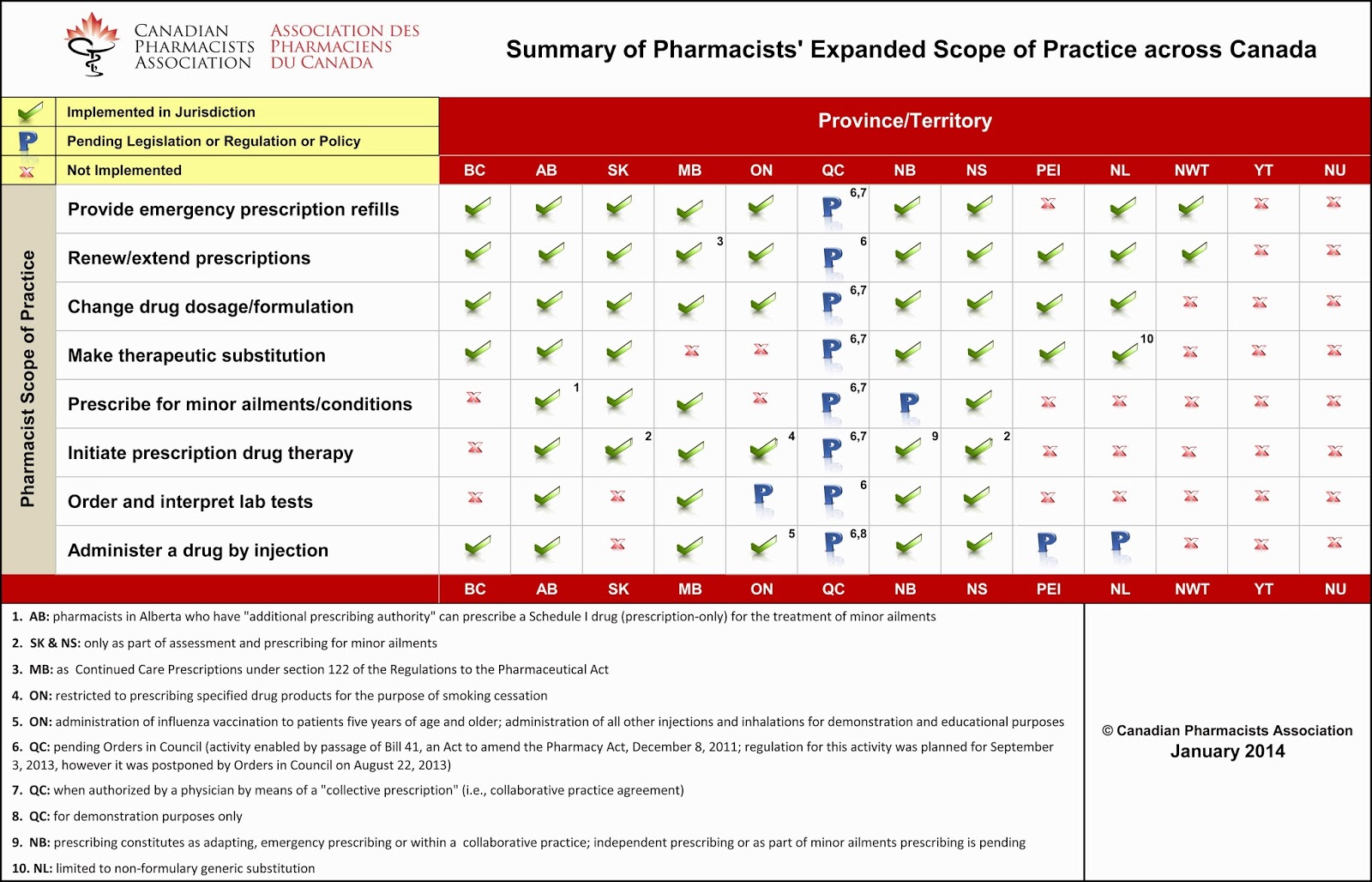…with your Registered Dietitians
With the recent expansion of nutrition counselling services offered through the S.M.I.L.E. Healthcare Program at the Leduc Beaumont Devon Primary Care Network (PCN), we thought it would be a good idea to offer some tips in “maximizing” your appointments with the Registered Dietitians at the PCN.
What do we mean by “maximizing”?
It means to make the most use of the nutrition knowledge and resources your dietitian can offer you in your 30-60 minute appointment.
A good way to think of it is that you are the C.E.O. of your own health and the S.M.I.L.E. team is your group of advisors or V.P.s. Your dietitian is your advisor and provides tools on nutrition-related matter.
Some people may think that dietitians only teach Canada’s Food Guide, or provide a shopping list and meal plans or “diet” plans, but dietitians provide much more than that!
The dietitian’s role is to:
1. Provide current and scientifically-based nutrition information and knowledge.
2. Teach nutrition-related skills, such as label reading for nutrients, or how to plan nutritionally balanced meals.
3. Teach how to evaluate the pros and cons of “diets” or current eating patterns.
4. Provide support in making behaviour/lifestyle changes to benefit your health.
Maximize your appointment time with your dietitian with these top 3 tips:
1. Come with nutrition-related questions. You can make a list if you’d like! They are here to help answer your questions. If they don’t know the answer, they will help you find out the answer.
2. Bring a 3-7 day food journal of what you usually eat. They are not here to judge you for what you eat. They just want to help you by objectively teaching you to review your own diet/eating pattern (see #3 above). The food journal is just a mirror for you to see how you eat.
3. Be open and active in trying strategies. Not all strategies for lifestyle change works for everyone, but give them a few tries. If the strategy doesn't work for you, your dietitian can help you modify the strategy so it does work for you.
Click here to print a copy of our 3 Day Food Journal.
 Sally Ho is a Registered Dietitian at the Leduc Beaumont Devon Primary Care Network.
Sally Ho is a Registered Dietitian at the Leduc Beaumont Devon Primary Care Network. 




